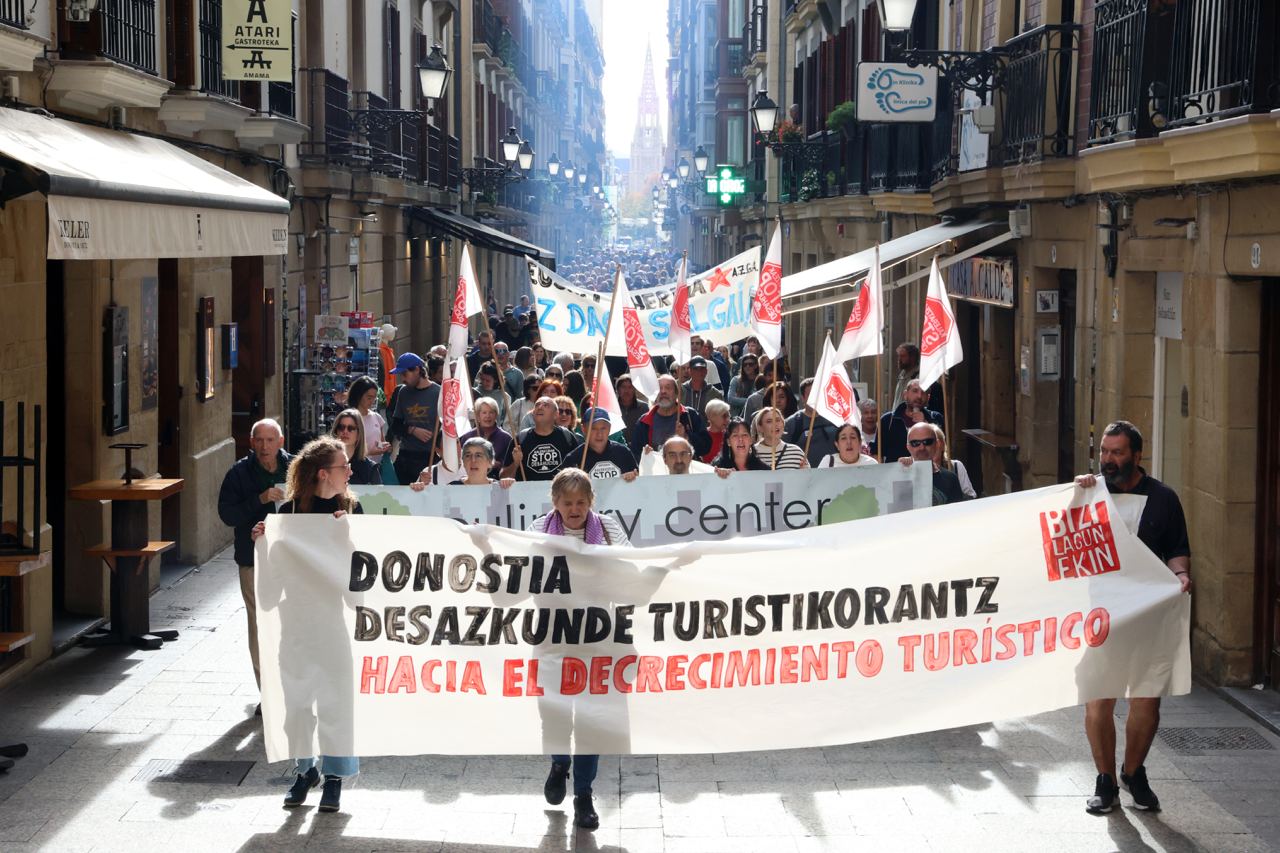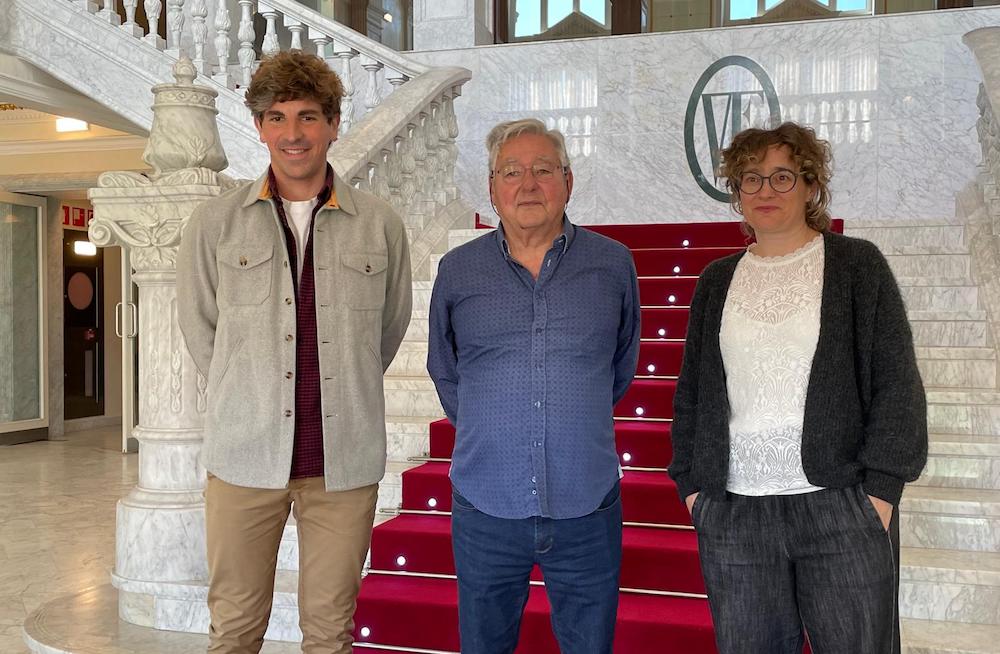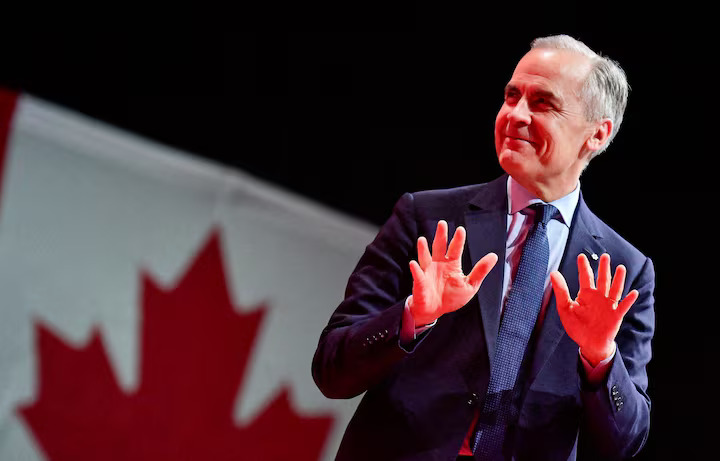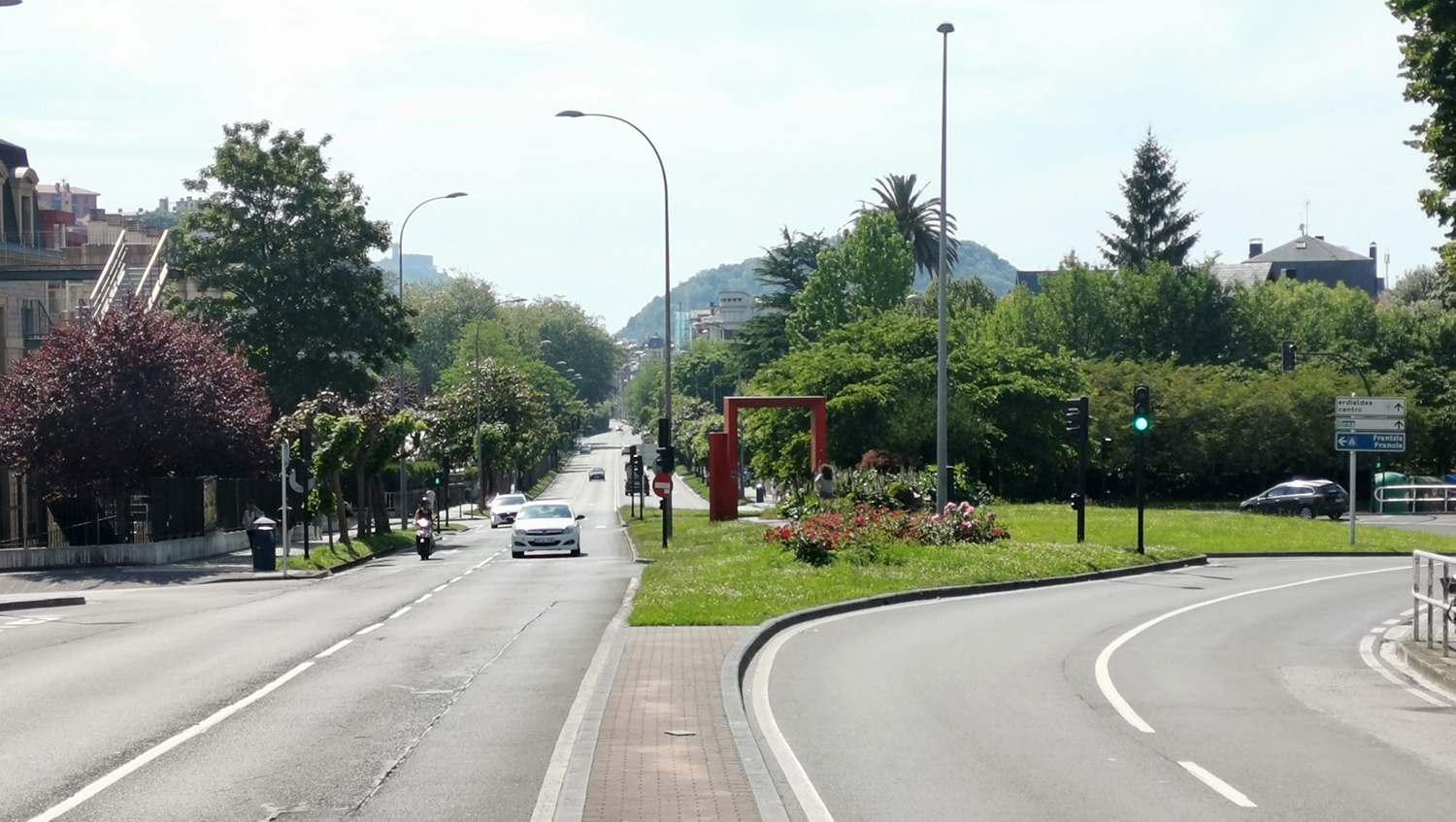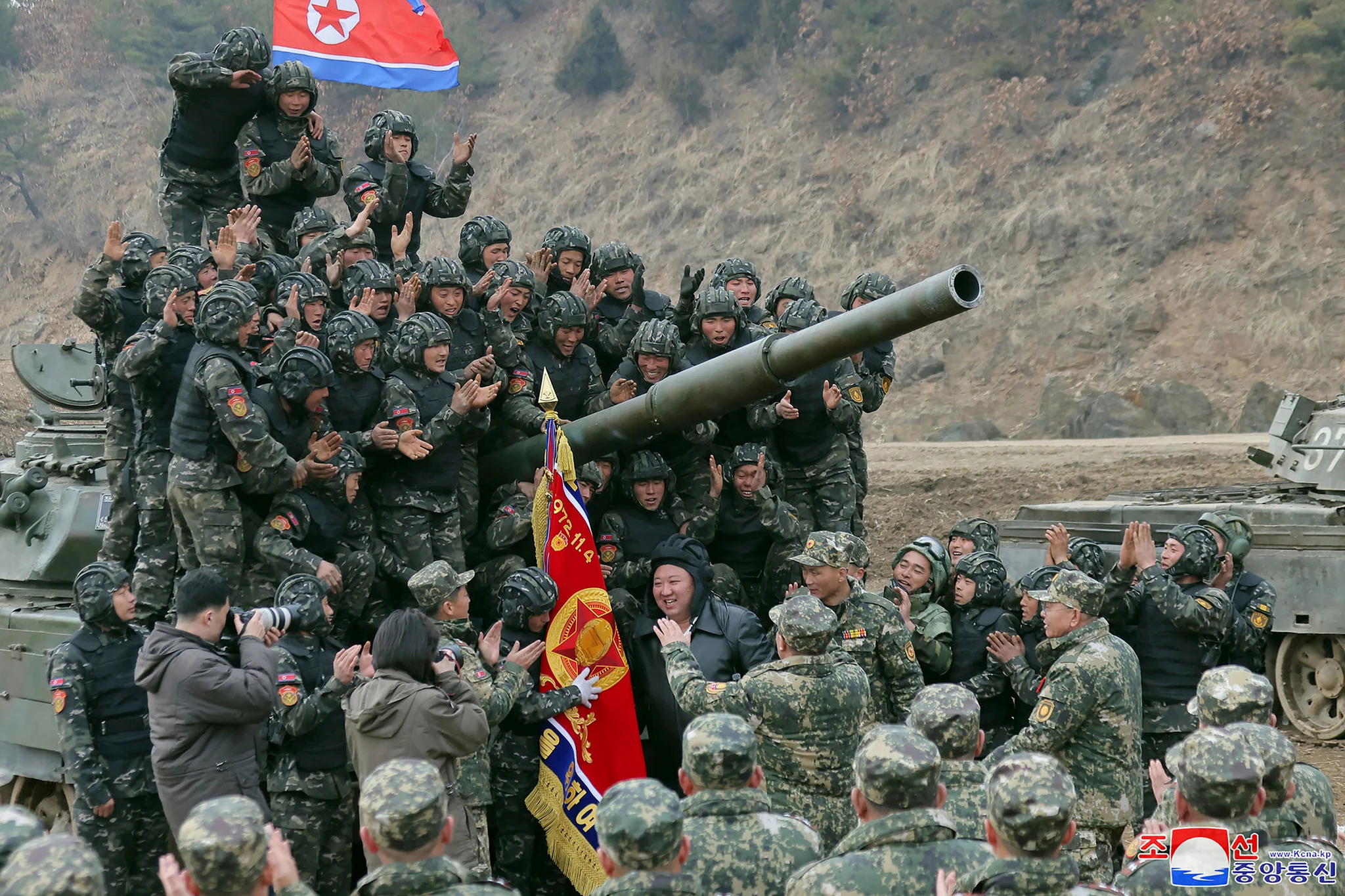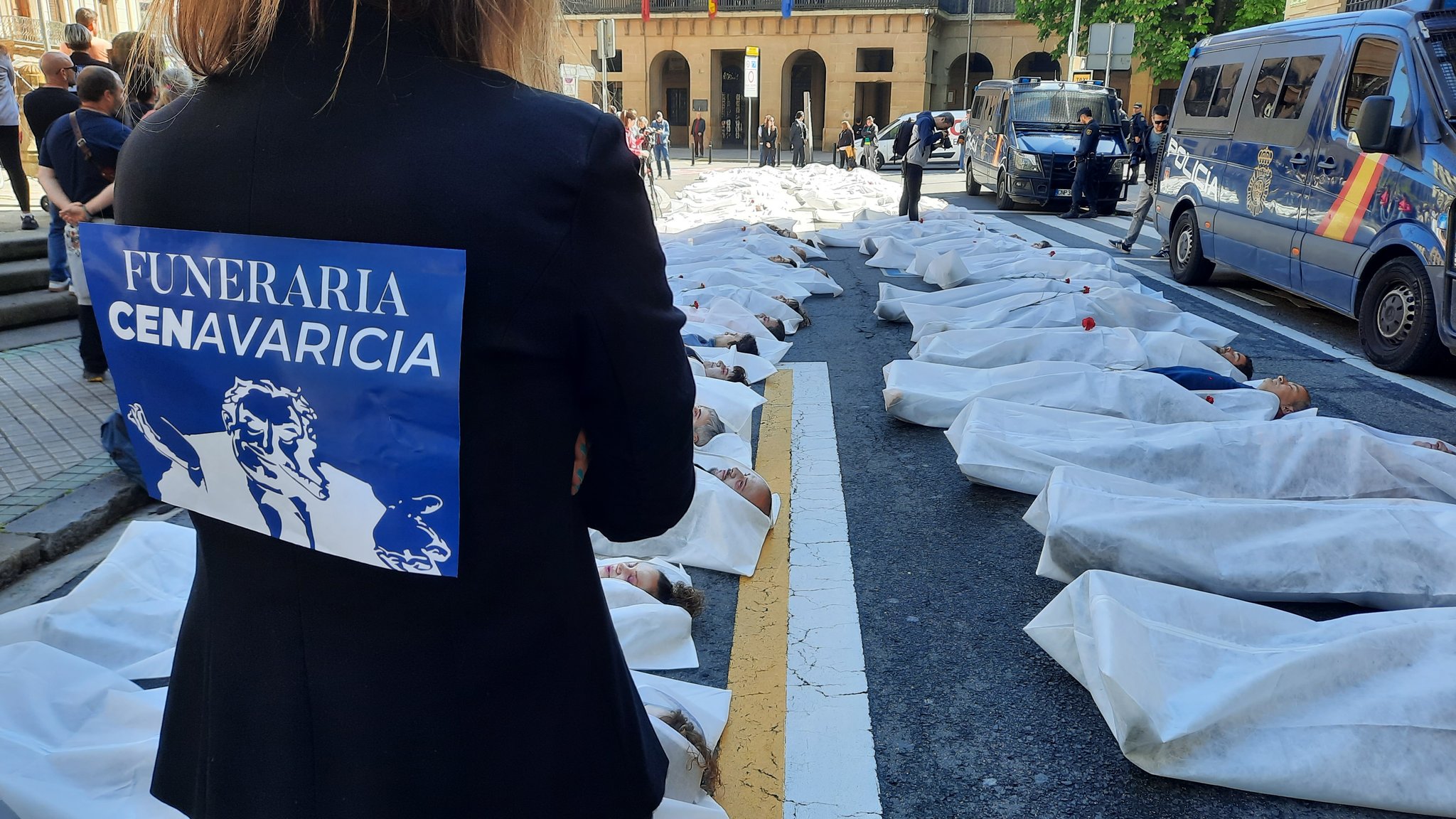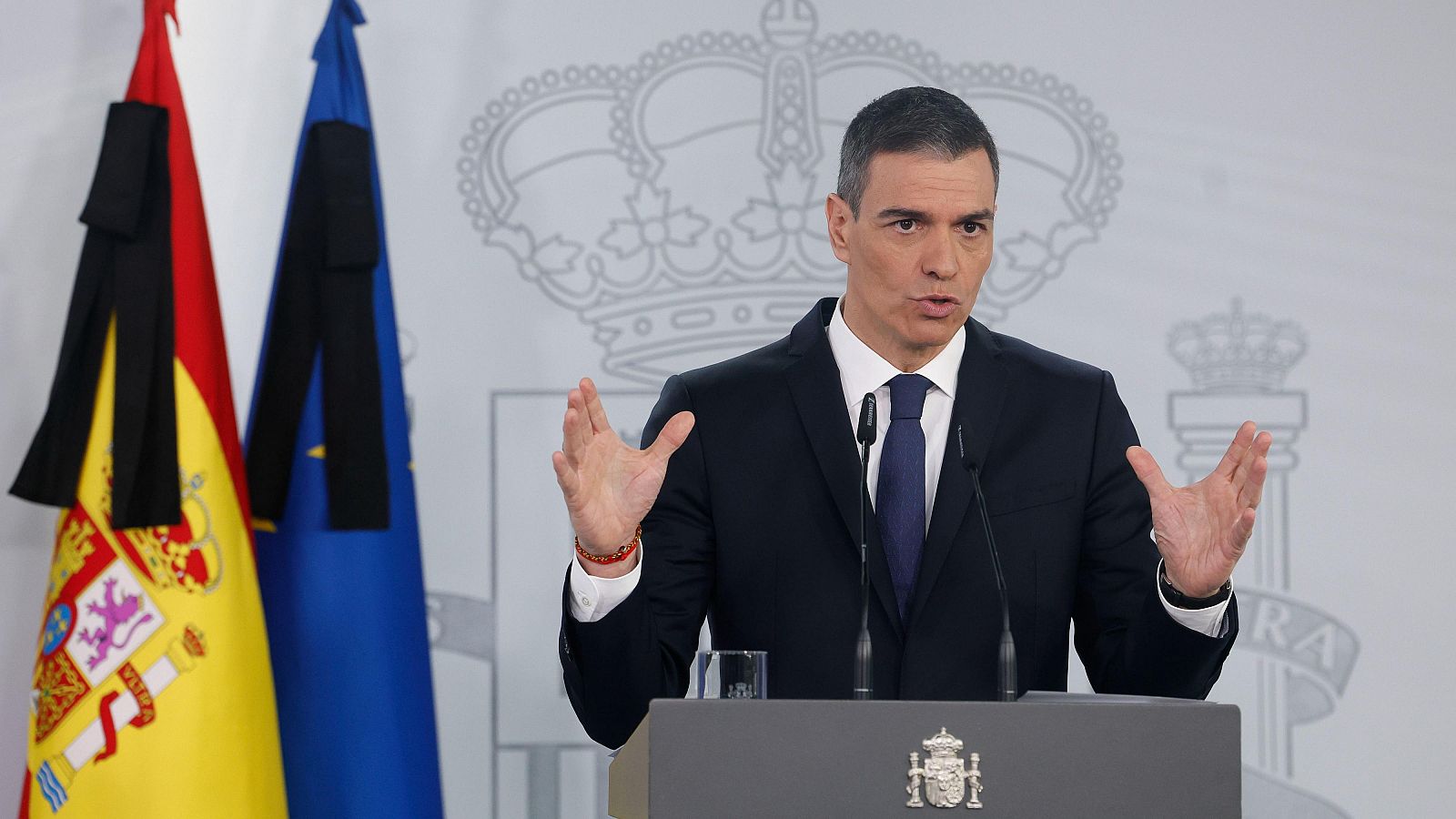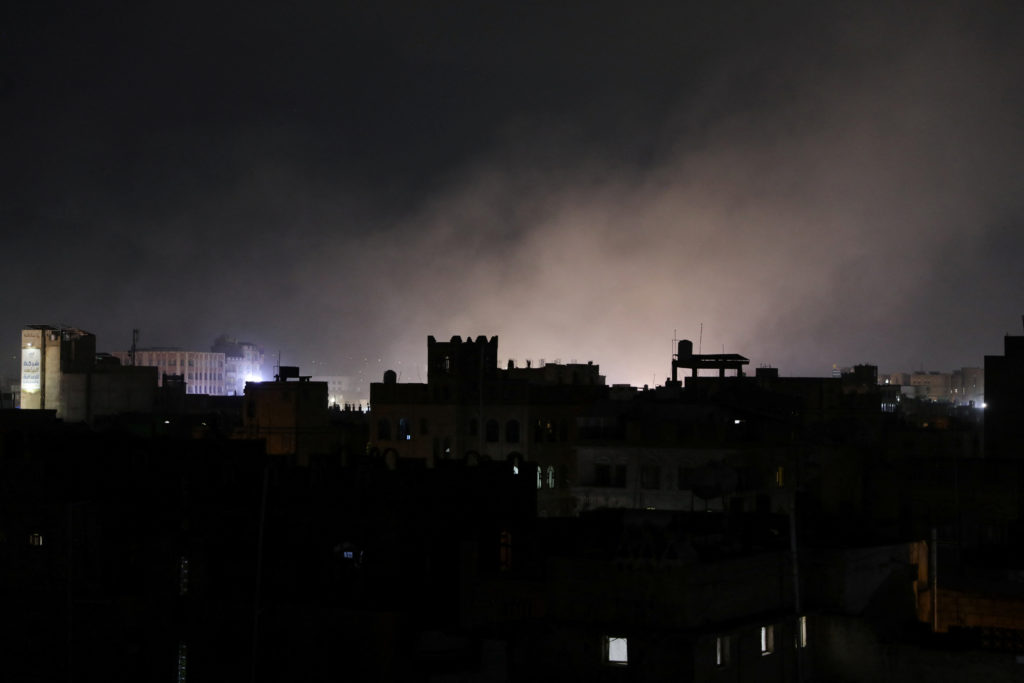“ETA does not deny this country the formation of a democratic framework”
- (1955, Gaintza). Born in Gorostizu Haundi Farm. The last of twelve siblings. The day of Franco’s death, at the age of 20, he was imprisoned for the first time in Toulouse. Imprisoned seven times, last time in Segovia prison: “I’ve been close to the life I imagined when I was twenty,” he says. Member of the National Bureau of the HB. He is charged in the trial against the AAM that is taking place in Madrid along with 26 other members.
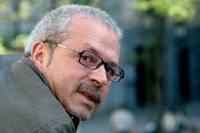
The trial is taking place at the Casa de Campo National Hearing. We want you to remember how you put it.
Twenty-seven people on trial – AAB, Relatives, Freedom and members of the Observatory – have an old acquaintance with the National Audience. We have seen its dynamics and function in thousands of trials. The defendants have given serious thought. Since the creation of the Movement for Amnesty, we have denounced the repression of both states: the use of torture, the dirty war, the constant violation of civil and political rights... We have been constantly subjected to political and social apartheid. The main trunk of this strategic repression is the Audiencia Nacional, the direct heir to the TOP of Francoism. The work of the AAM has been anti-authoritarian. A popular organization cannot allow the state to oversee its social and political work.
What are the charges against you?
There are several: the denunciation of torture or the claim of the right to self-determination... The order of the issues is very confusing. We began the trial by litigating the charges cited by the judges. We found no evidence in the car. There is only theory. The “crimes” we have been charged with are public: Prisoners and family members welcome, conferences, organization of demonstrations, complaints of torture. They know that they are crimes without arguments and they have invented the so-called “Everything is Theory”.
It seems paradoxical.
It's a paradox. A person can be proven to be ETA, but if a judge tells you with moral conviction that “you are ETA,” how do you prove that you are not? It's just impossible. We're in that position.
A three-month trial was announced, but you said you wouldn't participate. What was the position of the judges of the National Hearing?
The judges of the National High Court are there to carry out specific functions, to supervise social and political work and to meet the needs of the Government. They didn't expect our attitude to be like this, or that we'd catch them by surprise. We were very clear that we were not going to give the spectacle, to give away the photos. We have expressed ourselves with the courage and seriousness with which we have been dealing for years, because the subject is very serious. As soon as the judge begins to denounce us, we have made the denunciation by responding to the prosecutor through the answers to the lawyer’s questions. We have denounced the 30 years of repression in the Basque Country, as well as the fact that it is carried out with political impulses.
Did you do it normally? In the Basque language?
Yes, as usual. After the case of 18/98, the National Court of Auditors seems to have suffered a strong image loss. He must have felt the urge to prove himself to be a democratic court.
“Those who captured me are those who have used repression against the Basque Country,” you said in your first session. Deepen that idea, please.
The tribune's thesis states that we have been captured by ETA: That we are militants of ETA, that we are instrumentalizing the AAM in the service of ETA. That our lines of work are those made by ETA. In response, for example, we have told the Tribunal that the anti-torture line - the creation of the TAT - was created by the perpetrators of torture. In other words, all the ministers of the interior, those who provoke repression, and no one else. We are, in essence, a movement created by repression.
What would you say to those who say at the trial that “you have taken the position of victimhood”?
These are messages from the boards. The social foundations of the PNV, as well as those of other parties, admire our position, albeit in silence. And not only the position we now have before the Tribunal, but also the position we have had for years. I have a relationship with many socialist members of the PNV, EA, but I have no relationship with the PNV. In other words, the political value of this trial and our dignity is unquestionable. After 30 years of work we are not going to defend ourselves, we are reprisals who have been defending this country. To say that we are going to commit victimhood, that we are being punished for ten years, is a shame.
To those who say that you have prevented the dissent of the prisoners, what to say again?
And how do you do that? I'd like to know. Those who say this will know how we do it! Let them say it! Look, these are accusations to argue the state's theses, ways to criminalize AAM. Any discourse below the Ebro can be sold about us, LIGHT or New. But no one here believes these things. People, whether they agree with us or not, know us. Sometimes we get criticism, sometimes we get approval. But they know what we are: we are transparent and what we have done is public. I have been on the other side of the wall seven times, and I have been welcomed into this country seven times. And I know how the prisoner collective [CFP] works.
How do you experience what happened between the EPPK and the Chelis and Pikaba prisoners?
We understand the attitudes of all prisoners. Prison policy is so hard! Sixteen prisoners have died in prison over the past 30 years, some of whom have committed suicide, largely as a result of repression. The prison can lead the person to suffocation. The fact that people can't cope with this is completely understandable. The spirit of the EPPK is to encourage those who are tired and make a journey together. Some have been unmarked because they no longer share the collective line, they have made a personal path or other choice. These are personal choices. He volunteers in and out of the group. People come and go in any group. There's nothing else. There is total respect. Joseba Arregi and Emilio Guevara are no longer in the PNV. Is there a crisis in the PNV because of that? No, I don't. There is a crisis, but not because of it.
To those who say that there is a connection between ETA and EPPK, what response again?
Fifteen years ago, almost 90% of the collective were members of ETA or former partners. The high percentage of the collective per day does not belong to ETA, they belong to social and political organizations: the media, the youth movement... The collective is more diverse than ever. The collective aims to fulfill what the political prisoners have agreed. Their future is linked to the future of the Basque Country, the prisoners do not make a political choice for their personal solution. Some of them do. Goodbye and good luck.
The isolation of prisoners is mentioned. You've been like this for the last time. Tell us about the experience.
It's been really hard. In the 1980s, I learned about the harsh conditions in the Soria prison. For example, the police, the captain holding the kitchen locker in his hand shouting “kill everyone”, entered. They destroyed us. We were living in serious situations, but I did not go through this era of isolation. I was transferred from the court to the Soto del Real by order of Garzón. Later, I don’t know if it was by his order or that of Rubalcabara, Segovia. There are no political prisoners there, I haven't even had contact with social prisoners. The Public Magazines: “Olano is fully reflected to evite that he contends with the rest of the prisoners,” he wrote. The decision was political. They've really hurt me. In prison I didn’t realize what I was going through, I spent ten hours reading and writing, the days until I left. Gara and Nueva came to me and I bought El País there. I listened to TV news. I had information – including visits from friends and family – and processed it as it was received. But if you don't contrast what you live with anyone else, it gets rotten in your head. When I left, I knew a feeling I had never felt before, it was hard for me to take the land. Isolation is the pulsation of the person. The white torture. I've been in jail for six months, but they've had some prisoners in solitary confinement for years.
Thirty years have passed since the creation of HB. What is your vision of his career?
Maybe I’m not the right person to talk about this. From my own experience, I can say that, at the beginning of the transition, there was a serious effort among the nationalist forces, at the meetings in Xian, which were very important. Some chose to participate in those famous elections of June 15, 1977, as well as to make their way into the system. What was raised there was minimal: the recognition of the right to amnesty and self-determination. Some of them ignored him. On the other hand, the nationalist left considered that without a democratic rupture, this country would not regain its rights. Sadly, the conflict has persisted. We've made it up. I wish we were wrong. The current situation is the result of that time. In the art, the patriotic left, through the work of thousands of men and women, risking a lot, has tried to make the people decide freely, to offer this country a democratic framework.
The ration proposal was supposed to end in Loiola. We've talked a lot about this.
Everyone sells what interests them. In the Patriotic Left we do not have the habit of deceiving ourselves or the people. I have talked about it many times with the protagonists in the process, Arnaldo Otegi and Rufino Etxeberria. In 2006, during the post-summer negotiation session, a rapprochement was achieved in the definition of the Basque Country. There was a strong rapprochement in the definition and the right to decide of a nation made up of seven regions. He said things that the Socialist Party has never said publicly. There were moments of optimism. The consensual model of dialogue was carried out and even reached the stage of ratification of those mentioned in it in the executives of each political force. Of course, if you make pompous statements that can have seven interpretations, as if the seven were true, that is useless. The Nationalist Left made mandatory additions to the text. When the time came for the specifications, the algodon test, it became clear that the PSOE would not carry out the process in the terms it had originally mentioned.
Josu Jon Imaz said on the pages, “Olano’s union may have taken over the leadership.”
The Inefable Imaz! Not just him. It is a shame that he and Urkullu played a role, a shame. They were the PSOE’s accompanying routes. The PNV is terrified of the post-conflict scenario because it knows that if the conflict is overcome, it will not be in power. He is capable of denying a solution to this country by keeping quotas of power. This is what Imazi – including Urkullu and his team – should be accused of, not so much of the PNV as a whole. If his base knew the role that Imaz played, he wouldn’t be a Harvard teacher, I don’t know in Africa where he might be deported.
Sent by who?
The basics of EAJ. I mean, if the fundamentals of the PNV had known the truth... Because Imaz did a terrible job of preventing party bases from knowing what was going on. He concealed it and told lies to distort the position of the patriotic left.
In 1996, when ETA offered the video of the Democratic Alternative, we saw a similar situation.
I had HB responsibilities and they put me in jail for it. The proposal was political. Whether you agree or disagree, we’re committed to getting to know you. But the political parties kept quiet about what had happened. I have not been responsible in the Union since then. I mean, I don't know why Imaz says what he says about me. Or yes, I know very well.
Say it then.
We all know how Josu Jon Imaz came to the presidency of the EBB, acting very dirty. Appointed to spread the speech that Neguri's powers needed. And that of Urkullu is the same political discourse as that of Imaz. I would have preferred it if Urkullu had gone, because he is the political mind. Imaz gave his voice to the speech given by the sector of Urkullu. We separated the PNV and Imaz-Urkullu’s speech from the PNV’s speech because it was not and does not agree with the heaps of jealous people we know. The process lived with enthusiasm in the sector, as we do, because it fits in with the democratic framework proposed by the nationalist left. But they said what can be said in the courtyard of the schools to disturb the situation: “The division belongs to them. It’s a good lobster, a radical Olano again.” Arnaldo Otegi and Juan Mari Olano have discussed a lot in the courtyards of the prison, in the street and in the meetings. We always came together and worked together.
Do you have a chance to see Arnaldo Otegi?
No, I don't. We don't have the opportunity to visit the prisoners for fear of contagion.
Do you know how it is?
Arnaldo is a strong man with great enthusiasm. He's aware of what's going on. Sure, we know what it's like to be in jail. He's still learning, playing sports, as far as I know.
The process was canceled and ETA killed Isaias Carrasco. What are your thoughts and feelings?
The sources of my feelings come from before. In other words, it is necessary to offer citizens a real opportunity to overcome the conflict in this country and offer a different scenario. So that everyone can defend their strategic project, based on the will of the citizens to decide. Above the acronym most of this country agrees with this proposal. ETA, offering a truce, put the conflict on another plane: after the disappearance of violence on all sides, he wanted to put the word on the table. And they broke the opportunity and even consciously did it. Then they said “ETA has broken the process”, but ETA is not the one that denies this country the formation of a democratic framework. You may or may not agree with ETA, any opinion on ETA is legitimate. The majority agreed with the option on the table, but the Spanish government and the PSOE, with the help of the PNV, refused to respect the will of the people. That's the drama.
(...).
Death is tragic and tragic. It's a drama in every case, in my house and yours. And it is all the more sad because they are dramas that can be avoided. The responsibility in the case of the death of Isaias Carrasco lies with ETA, which has killed him. But it’s not just ETA. There is also responsibility for the position taken by Imaz and Urkullu, and the representatives of the PSOE and the Government of Zapatero, as well as the militants of the patriotic left, have responsibility. I'm not denying it. But this drama, why is there this drama that can be overcome? What they propose to us is this, as a people, not as a nationalist left: either we assimilate you in the Spanish project or we will destroy you. Is this the future that is offered to this country since the Spanish Social Democracy? We all have to act responsibly. We would have made mistakes too, there are mistakes everywhere, we are not perfect. We are not afraid of the future. Sooner or later we'll have to go back to whatever we left in Loiola. Why not right away?
It seems that it is time to suffer in art.
There is no reason to suffer. We know the government’s message. In their discourse to demonize the nationalist left, they have the support of the nationalist leaders, but this has a very short trajectory. It may seem like a paradox to you, but I am convinced that this country will reverse this situation sooner than anyone imagines. Not just nationalists. The opportunity will arise again, an opportunity that we cannot miss. All of them. The entire nationalist left is ready to take advantage of this opportunity, I can assure you. But the nationalist left is not ready to be assimilated as a people by the Spanish and French after 30 years of struggle. The key is to promise this country.
Oraindik ikusgai dago Donostiako San Telmo museoan Memoriaren Basoak erakusketa, maiatzaren 11ra arte. Totalitarismoek gizartea kontrolpean hartzeko erabiltzen dituzten metodo eta tekniken inguruko hausnarketa bat da, espresio artistiko ugariren bidez ondua.
Nafarroako espetxe egoeraren mapatzea txostena aurkeztu du elkarteak Nafarroako Parlamentuan, 2024. urtean jasotako datuekin eta Iruñeko espetxeko presoen testigantzekin. Presoek salatu dute pilatuta dituztela moduluetan, eta batzuetan jipoiak eman dizkietela espetxeko... [+]















